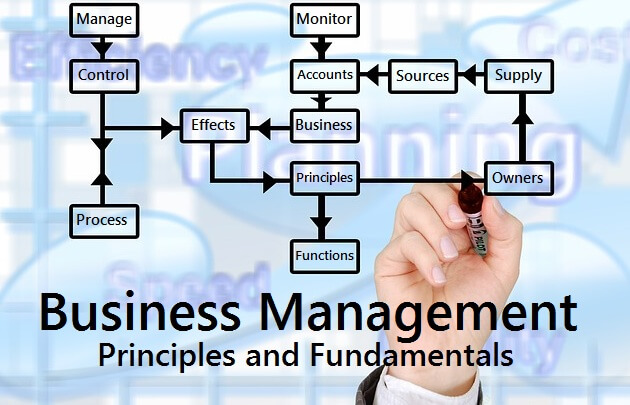In Mercury and the Woodcutter, Aesop suggests that “Honesty is the best policy.” This is not only true of golden axes being fished out of deep, black waters, but also every interpersonal interaction. Transparency is a value that builds relationships. Those relationships build businesses. When you are honest, you don’t have to worry about what you shared with one person versus another. You also don’t need to worry about what others are thinking, because everything’s out in the open. Here are some of the main benefits of transparency:
Simplicity Is Not Complicated
Those who are dishonest constantly find themselves changing stories based on who they are talking to. When you are transparent as an entrepreneur, your business is simpler and more efficient. This efficiency is good for the soul, as well as the bottom line.
It’s All About Trust
Relationships are currency in business. Transparency builds trust. That trust will allow you to forge stronger connections. Dishonesty is corrosive, breeding discontent and gossip. All of that energy could be focused on performance. Omitting, editing, or withholding information models that behavior for the entire organization. Trust creates colleagues and collaborators, which builds production and performance.
It Takes A Community
Transparency inspires meaningful engagement. When you are honest with your employees about a problem you are having with your company, people will respond to your humanness. Their authentic response can be the start of engagement well beyond normal “surface” communication. By connecting on a real level, you can build a sense of community with your team. And a community always works harder toward shared goals.
Integrity Is What You See in the Mirror
Transparency and integrity work side by side in any successful undertaking. Failure to disclose a fact that may be harmful to a short-term goal can eventually terminate a long-term goal. Those who fail to disclose create bad feelings and distrust when the truth is finally uncovered. And, even if it isn’t, the stress of worrying about its disclosure is energy that could be used to build a better organization. You may have a definite outcome you are trying to avoid by failing to disclose. Yet, your avoidance may close you off from unknown and possibly beneficial partnerships or solutions that you will discover once you honestly declare the truth.
Transparency creates openness and rewards that are both personal and financial. It ripples across the waters of your organization, much like the ripples on the pond where the Woodsman lost his axe into the water. He received, for his honesty, not only iron, silver and golden axes, but also the admiration of Mercury. And there’s no telling where that goodwill can take the Woodsman and his woodcutting business.




